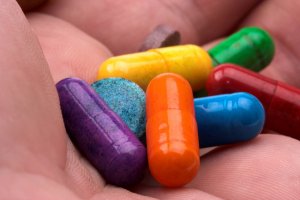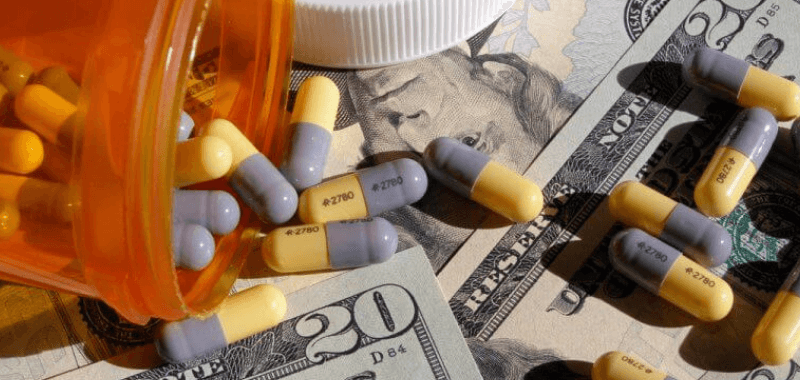Over the last 5 years, no less than 63% of all new prescription drug approvals originated at smaller outfits (reported by HBM Partners). The main reason: pharma giants rarely conduct early scientific research anymore. More and more, big pharma companies let the “risky” early development phase over to start-ups to later acquire or license their drugs. Biotech is becoming the main fuel source for drug pipelines of Big Pharma players.

The current “superbugs”-issue demonstrates the paradigm shift occurring in Big Pharma. Drug-resistant bacteria are on the rise, posing huge global treat. Already, 700,000 people die each year because of these pathogens and the number increases by the day. Despite the growing recognition of this threat, Big Pharma companies are reluctant to invest in the R&D of new treatments for this problem. Why? Because of the challenging return on investment. The costs to develop a new drug are insane, but the revenues on most newly launched drugs are only modest. While the development of a new prescription drug that gains marketing approval is estimated to cost drugmakers $2.6 billion (reported by Tufts Center for the Study of Drug Development), Only 19 drugs have reached the $1 billion in annual sales mark within their first five years on the market over the past 20 years (reported by QuintilesIMS Institute).
Pharma Giants, such as Novo Holdings, Merck, Johnson & Johnson and Sanofi, have a new strategy to fuel their drug pipelines, which includes setting up venture capital funds and investing in start-ups and licensing technology. Hereby they reduce their internal development efforts. Biotech start-ups are smaller and therefore nimbler. Often, they can do R&D faster. Moreover, by investing in a broad portfolio of young ventures, the Big Pharma companies have access to outside scientific talent and breakthrough discoveries, which is of tremendous importance for them to stay competitive.
source: https://www.cnbc.com/2018/03/26/big-pharmas-scramble-to-invest-in-start-ups-to-fuel-innovation.html

